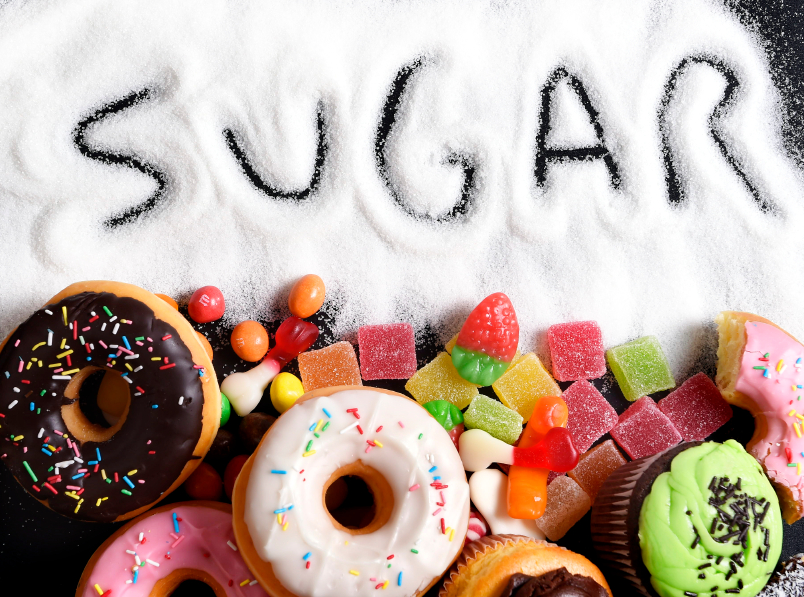Sugar has become a huge part of our food and beverage industry. Everywhere you turn, our packaged foods contain either caloric or low-calorie sweeteners, and sometimes both. In fact, nearly 74% of our food supply contains sweeteners of some type. These sweetened foods may taste good but are not so good for our health. The World Health Organization (WHO) reports that sweeteners adversely affect our cardiometabolic health.
In 2013, a nationally represented sample of the US was taken, and researchers determined that nearly 68% of food products that were found in these homes contain caloric sweeteners, while low-calorie sweeteners accounted for 2%. Food is not the only product under scrutiny. Sugary beverages, specifically sodas, account for much of the world’s sugar intake. Sales trends show us that North America, Latin America, Australia, and western Europe, consume the highest amounts of sugary beverages that are on the market. The fastest growing sale of sugar-sweetened beverages from 2009-2014 was in Chile.
As the demand for these sugary beverages increases, some countries, such as Mexico, have attempted to combat the issue by implementing policies including taxation, marketing restrictions (specifically marketing to children), changes in labeling, and reducing the availability of these beverages in schools. Public awareness campaigns are also a tactic that Mexico uses. So far, evidence has proven that Mexico’s taxation policy is effective but more research is needed to determine the effectiveness of other policies that have been implemented.
Without intervention, the rest of the world is likely to move forward in this pervasiveness of sugar overload in foods and beverages. Unfortunately, consumers believe that marketed alternatives such as fruit juice, sports drinks, or even low-caloric foods, are healthier. The reality is that our bodies process all forms of sugar in the same manner.
A major reduction of added caloric sweetener intake will need to be promoted to alert more people to the unhealthy risks of sugar. Many other governments have yet to take action. As a growing number of countries step back and implement policies that focus on reducing the consumption of added sugars, the effectiveness of these policies should also be reviewed.
Popkin, B. M., Hawkes, C. (2015). Sweetening of the global diet, particularly beverages: patterns, trends, and policy responses. Retrieved from https://www.thelancet.com/pdfs/journals/landia/PIIS2213-8587(15)00419-2.pdf

